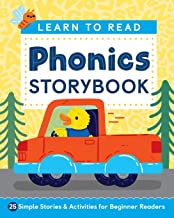Reading Disorder
Dyslexia is a learning disorder that involves difficulty reading due to problems identifying speech sounds and learning how they relate to letters and words (decoding). Also called reading disability, dyslexia affects areas of the brain that process language.
Cluster Number:
Wiki Number: PW182
Diagnosis: Reading Disorder
US Patients: 5-17% of the population
World Patients:
Sex Ratio:
Age Onset:
Brain Area:
Symptoms: Reading disorder breaks down into alexia (acquired dyslexia), developmental dislexia, and hyperlexia (way above average reading)
Progression: Dyslexia includes phonological (difficulty with processing sounds), rapid visual-verbal responding, and spelling.
Causes: Intelligence of dyslexics is normal, not less. Problems can be genetic. Verbal memory may also be slower.
Medications: None listed.//Dyslexia has three cognitive subtypes:auditory, visual and attentive)
Therapies: None listed, but reading specialists and local groups that tutor children, like “Raising Readers.”
Youtube Video: What are the Signs of a Reading Disorder?
Amazon or Library Books:
Helping your Child with Language-Based Learning Disabilities
Learn to Read – Phonics STORYBOOK
Click the book to link or order from Amazon.
Click the book to link or order from Amazon.


